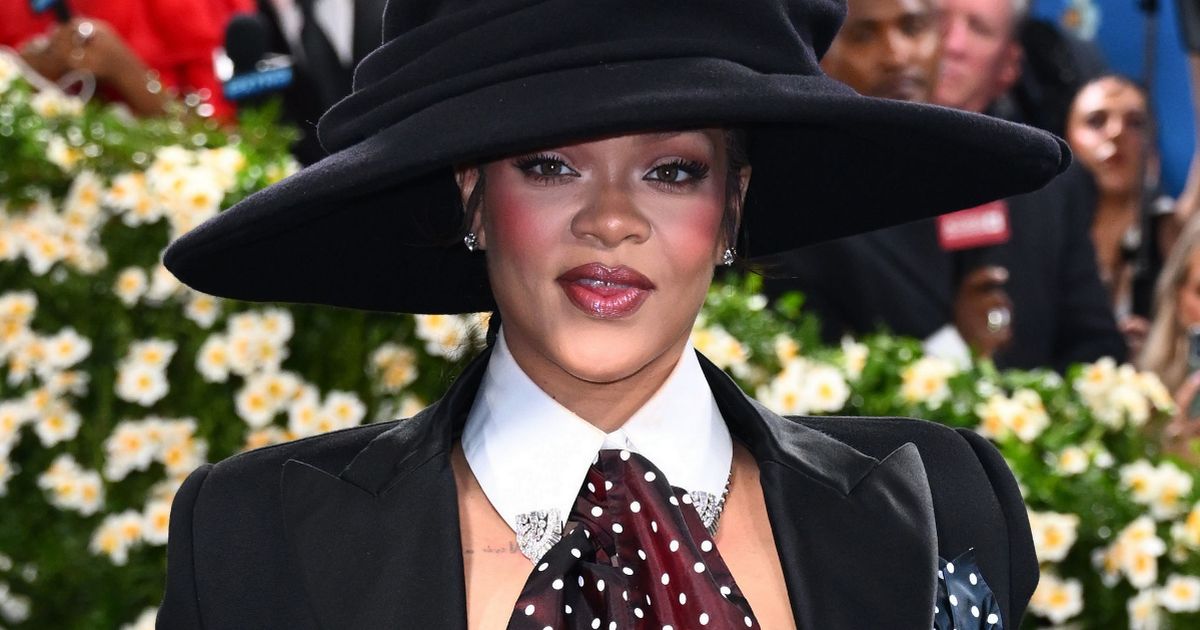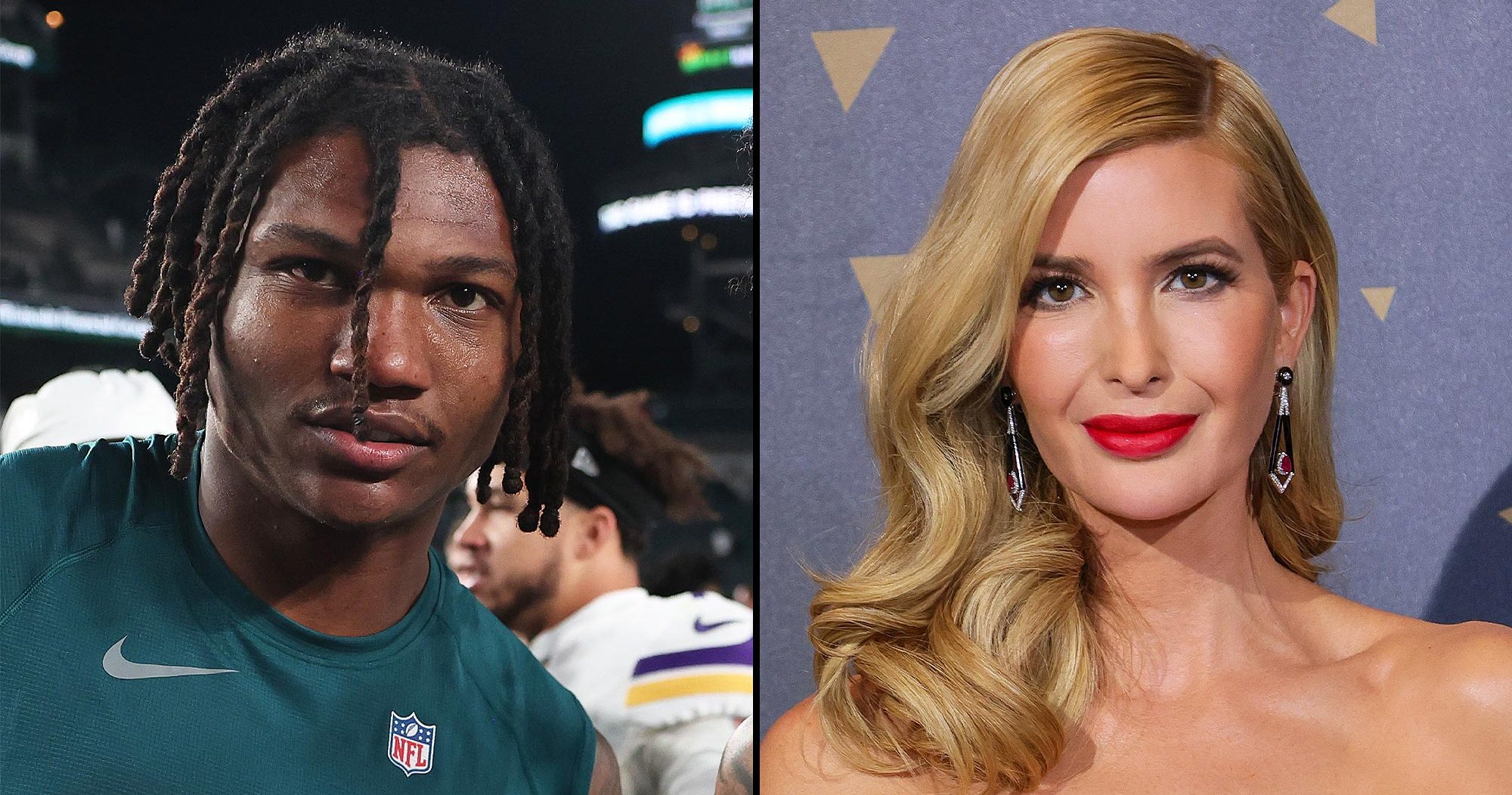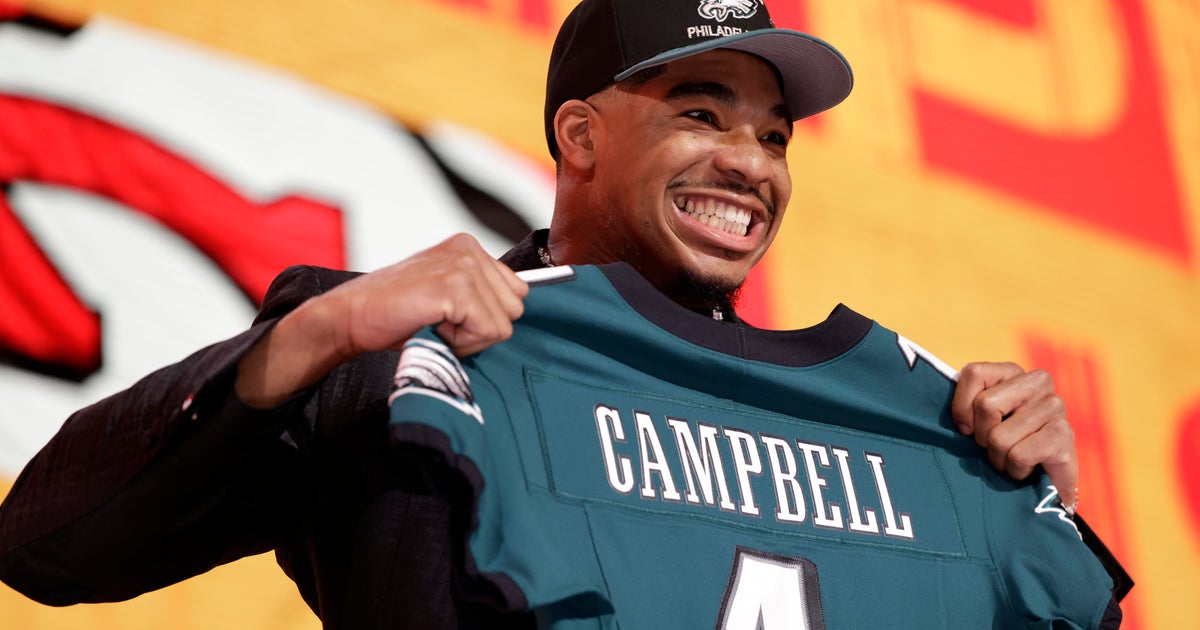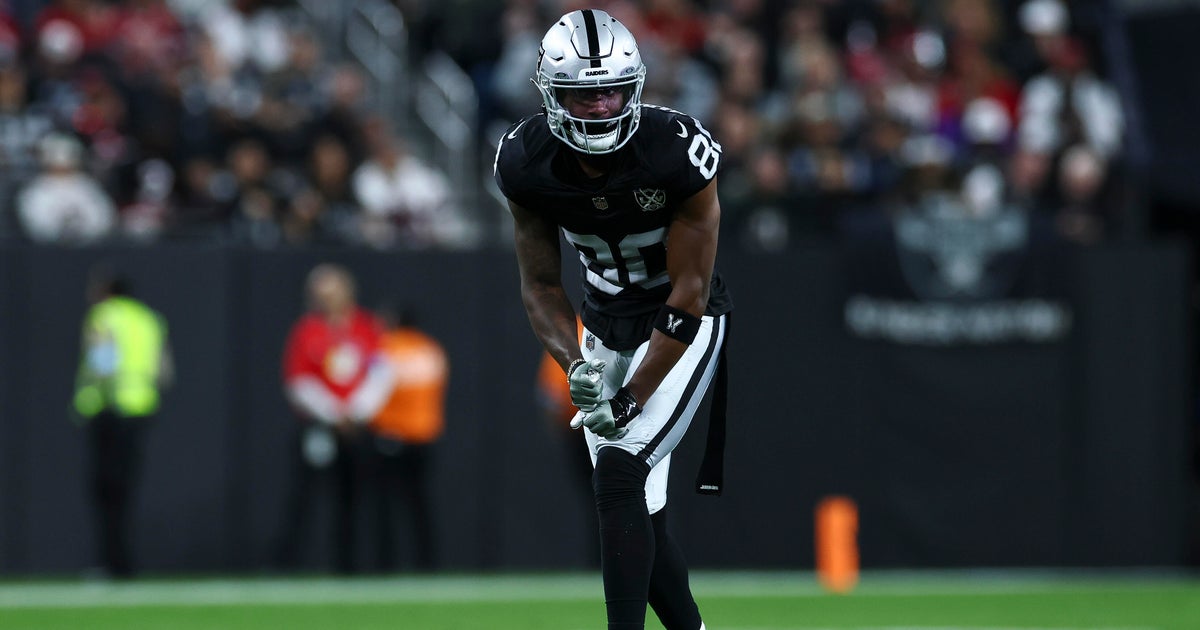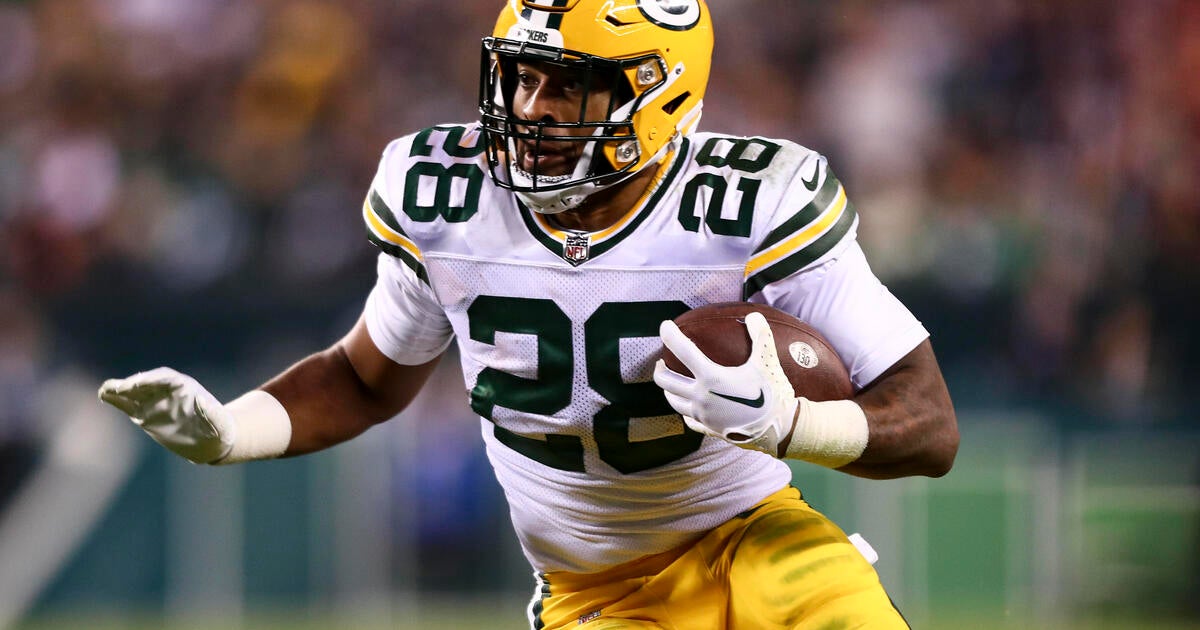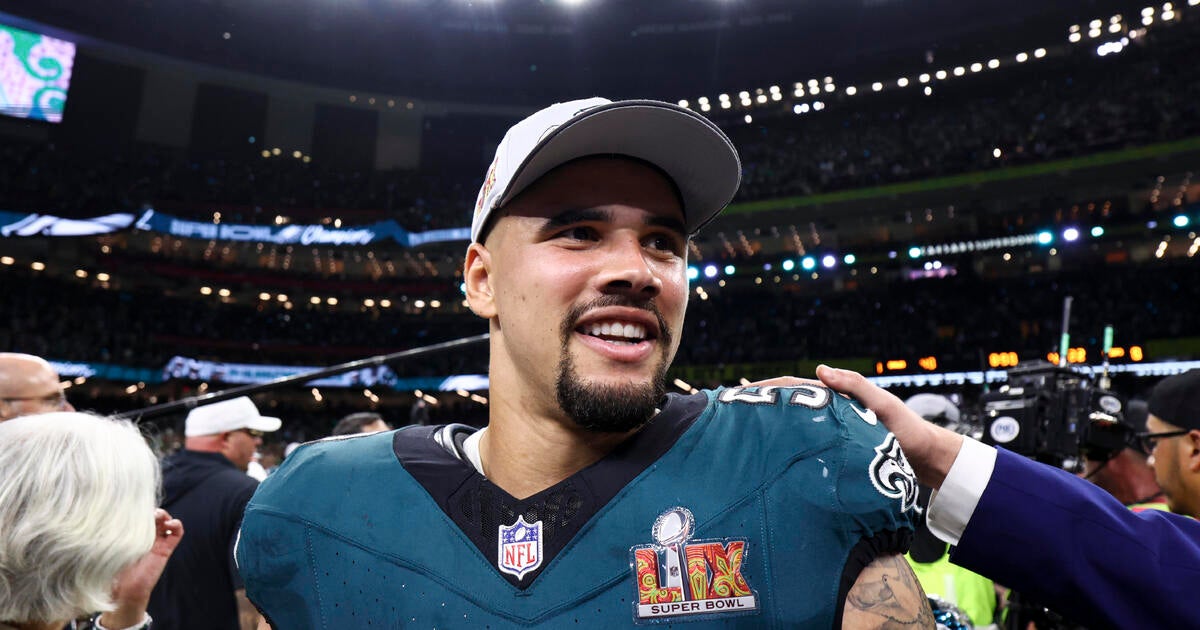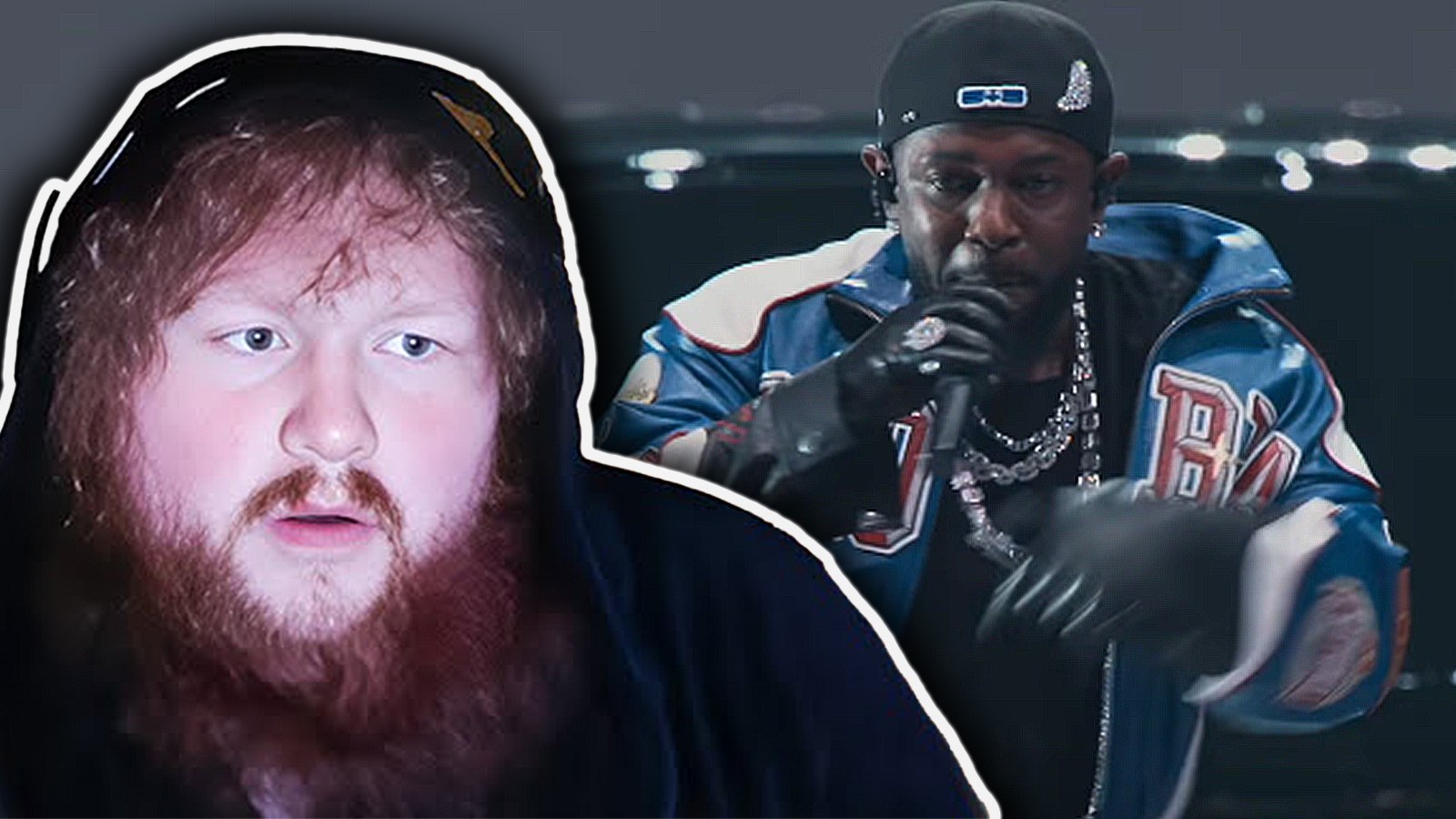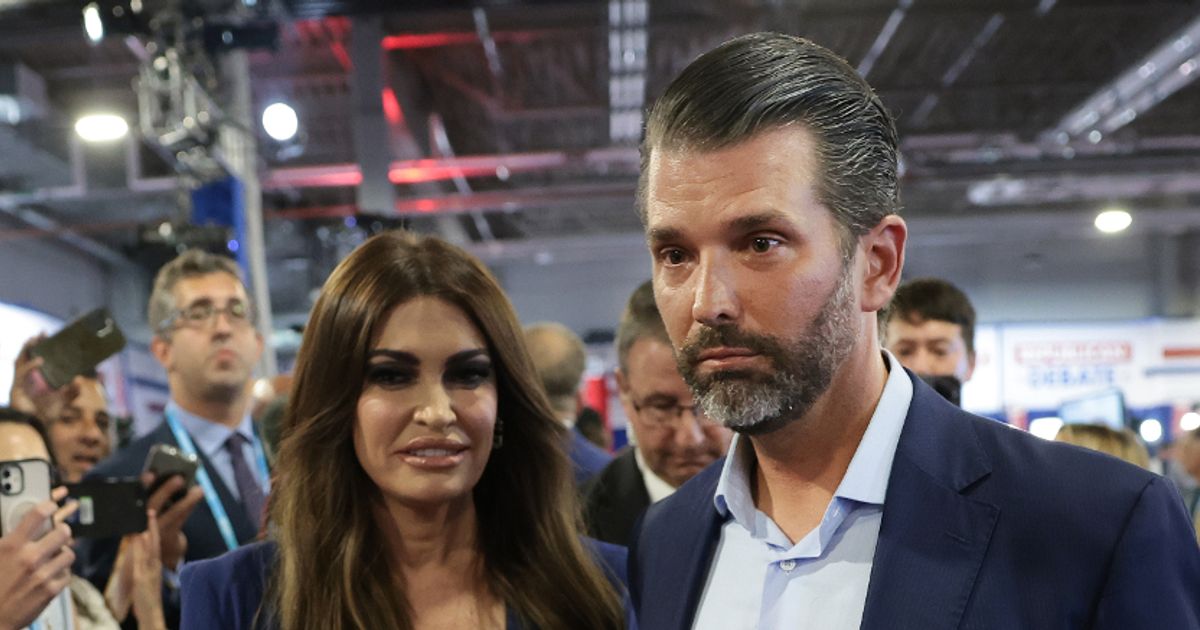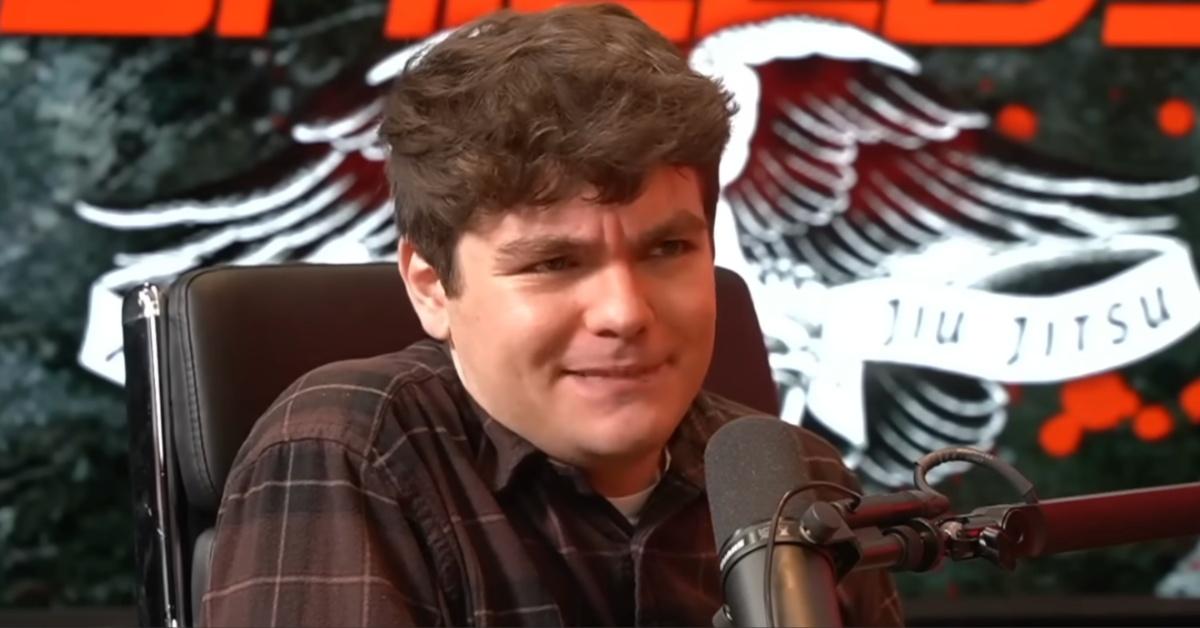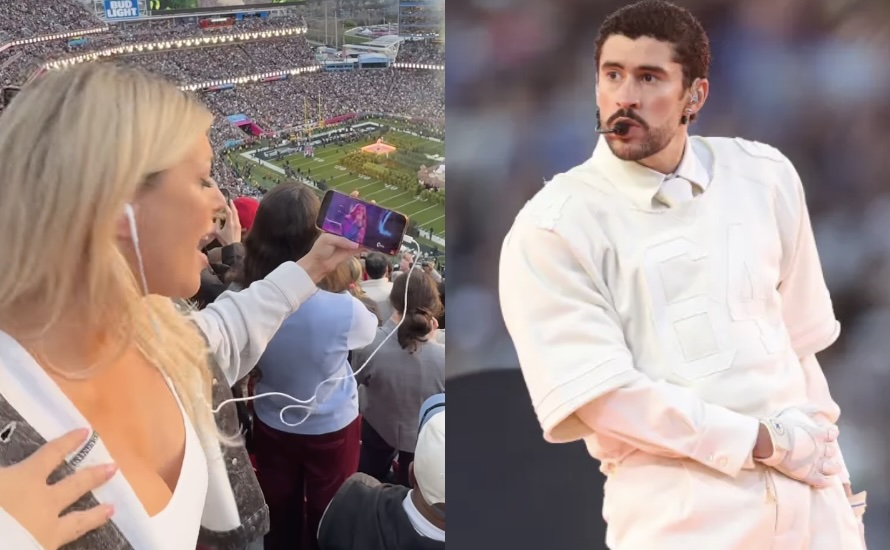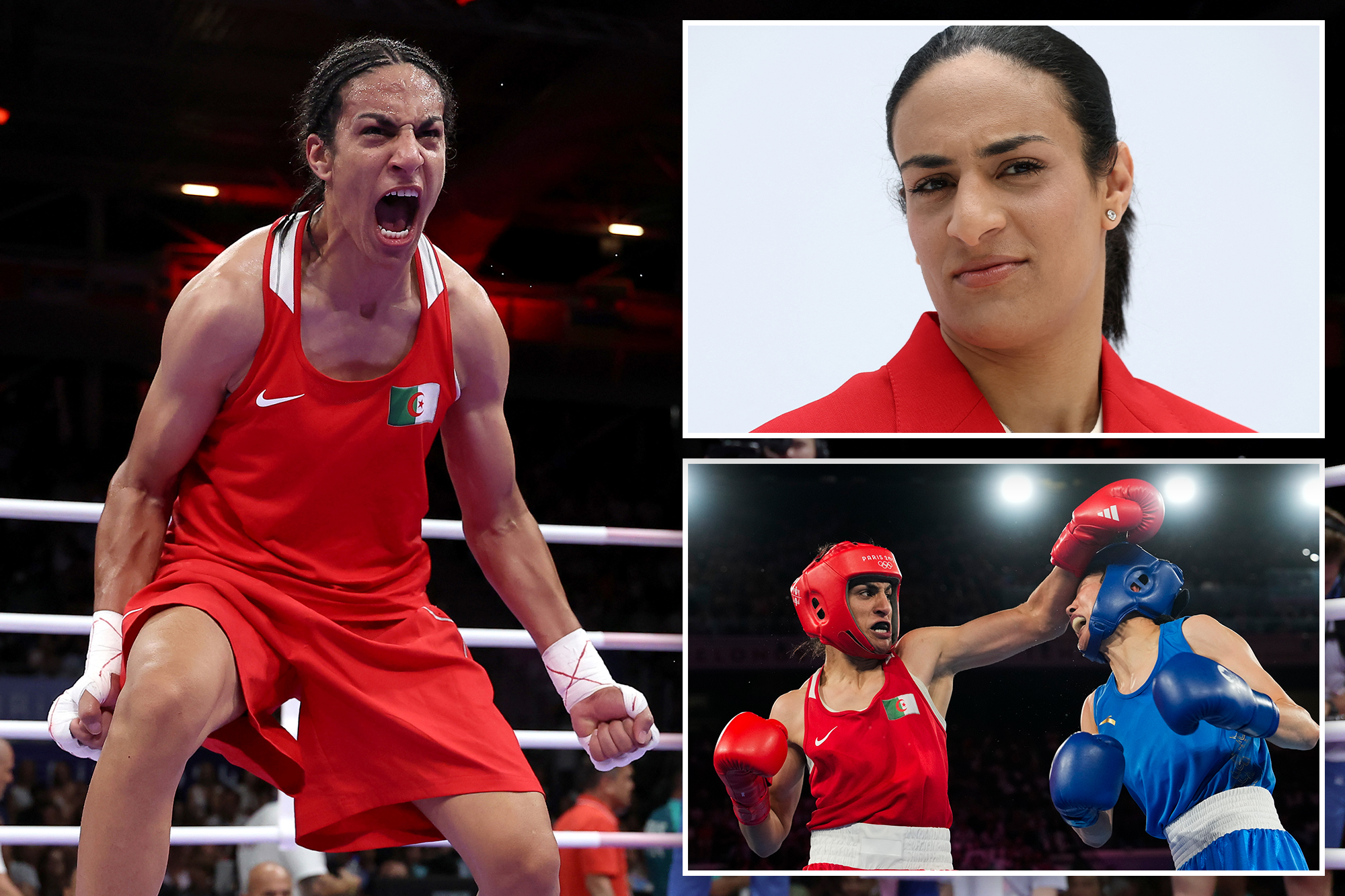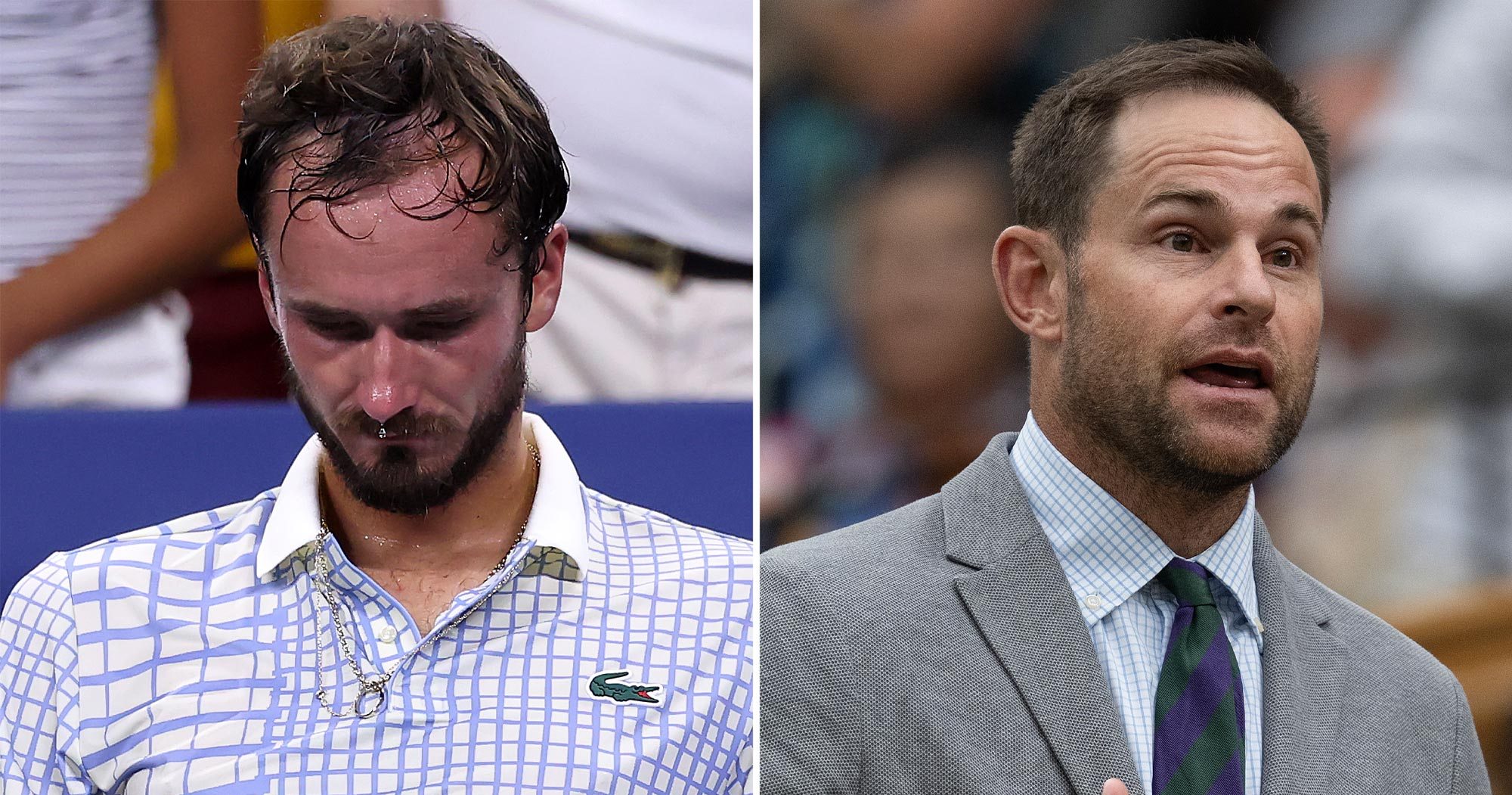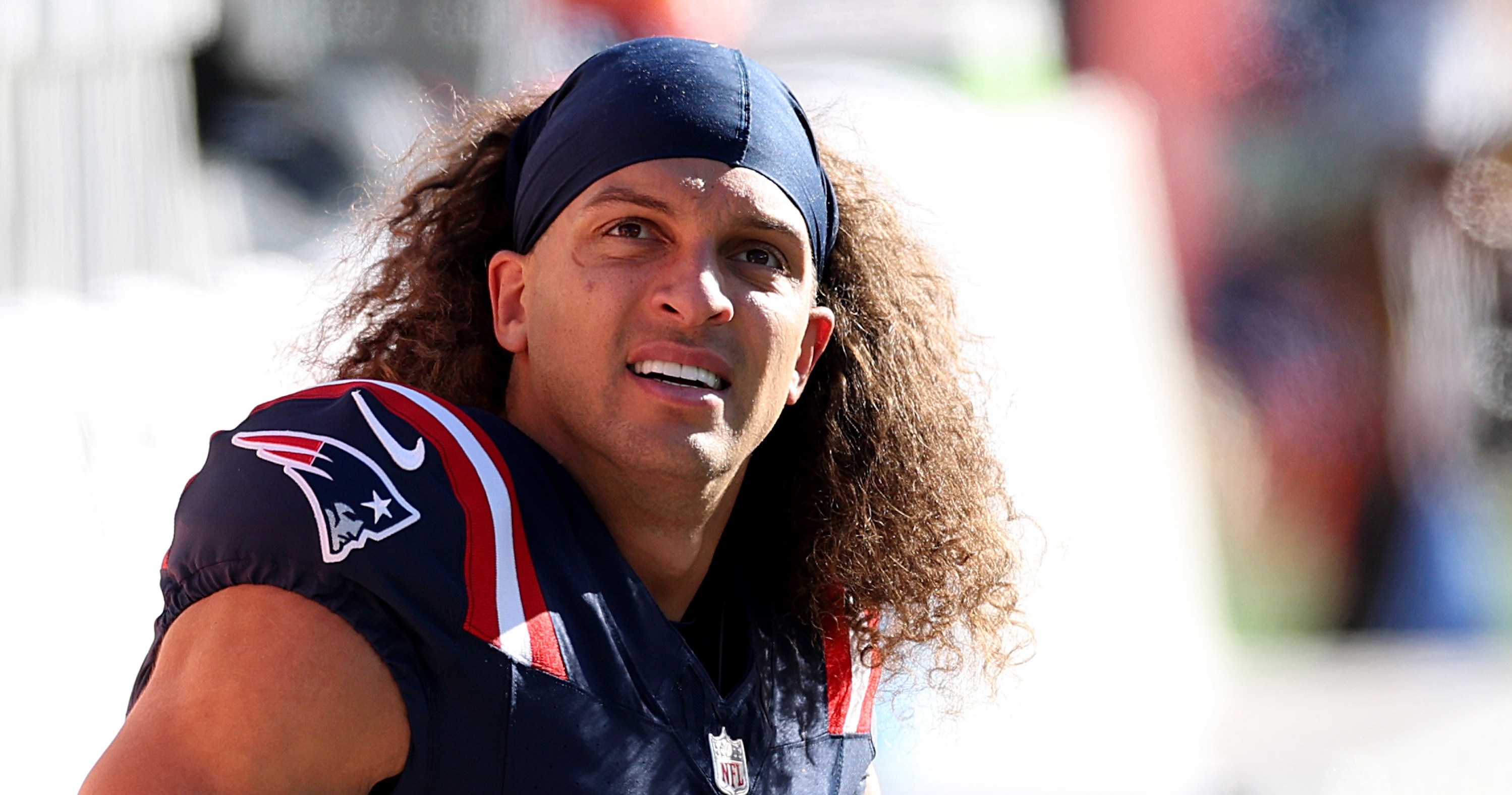NFL Owners to Revisit Tush Push and Playoff Seeding at Minnesota Meeting
The NFL is gearing up for some serious discussions as owners gather in Minnesota this week. One of the hot topics on the agenda? The infamous tush push play, which has sparked debates for years. Alongside that, there’s chatter about the league's playoff system that sometimes lets division champs with less-than-stellar records snag home-field advantage.
But wait, there’s more! The league's also looking to dive into a fresh proposal that would let players participate in flag football when it makes its Olympic debut in Los Angeles in 2028. This is a big deal, and it’s sure to stir up some interesting conversations among the owners.
“There’s definitely more work to be done there,” said NFL executive Jeff Miller, hinting at the importance of the flag football proposal. “I expect it to be a lively discussion.”
Now, back to the tush push. This play has been a game-changer for the Philadelphia Eagles, especially after they snagged a Super Bowl win last season. The Eagles have been using this short-yardage scheme since 2022, and while other teams like Buffalo have tried to replicate it, none have come close to matching Philly's success rate.
So, what’s the tush push? It’s when quarterback Jalen Hurts takes the snap and, with a couple of teammates lined up behind him, pushes forward to gain those crucial yards. It’s become almost a guarantee for the Eagles on fourth-and-1, and sometimes even on fourth-and-2. But, of course, not everyone is on board with it.

“There are definitely some health and safety concerns, but there are also football concerns,” said Rich McKay, the NFL Competition Committee chairman. “It’s not just about one health and safety video. It’s more about whether this play fits into the traditional aesthetics of football or if it’s leaning more towards a rugby-style play.”
Interestingly, Eagles owner Jeffrey Lurie defended the play, stating, “There’s no data that shows it isn’t a very safe play, or else we wouldn’t be pushing the tush push.” So, it seems like the debate will continue as owners weigh the pros and cons.
On another front, the Detroit Lions have proposed a shake-up to the playoff system. They want to get rid of the current setup that gives division champions the top four seeds in each conference, regardless of their overall records. The Lions’ idea is to seed teams one through seven based on their records while still ensuring that all four division champs get a spot in the postseason.
This proposal comes after some pretty glaring examples of wild-card teams with better records having to face off against lower-seeded division champs. Take last season, for instance. The Minnesota Vikings finished with a 14-3 record, just a game behind the Lions, but had to play against the NFC West champion Los Angeles Rams, who rolled to a 27-9 victory.
And let’s not forget the 2010 season when the New Orleans Saints, the defending Super Bowl champs with an 11-5 record, had to visit the Seattle Seahawks, who finished with a 7-9 record. Seattle, with its notorious home-field advantage, ended up winning that game 41-36. It’s clear that the current system has its flaws.
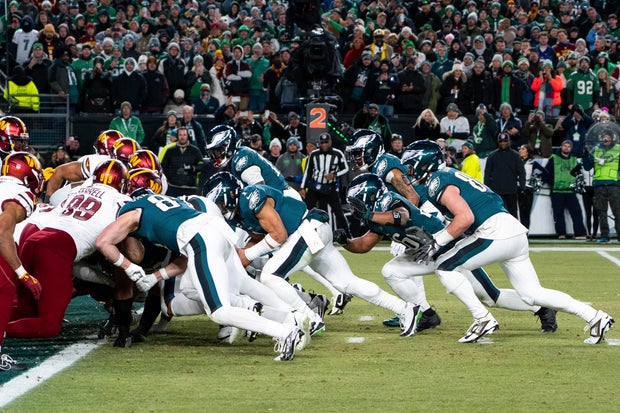
Meanwhile, the NFL is making strides in promoting flag football, aiming to boost youth participation and create more opportunities for women in the sport. The league played a significant role in ensuring that flag football will be part of the Los Angeles Olympics, with events for both men and women.
Several star players have shown interest in participating in the Olympics. Kansas City quarterback Patrick Mahomes and Miami receiver Tyreek Hill have both expressed their excitement about the possibility. Minnesota running back Aaron Jones was particularly enthusiastic when asked about it last month. “I would absolutely love it. Every other sport gets an opportunity to win a gold medal,” he said. “And if you’re not serving your country in the military, I feel like that’s the other highest honor.”
The proposal for the Olympics would allow only one player from each NFL team to be selected by a country, in addition to each team’s designated international player. It also includes provisions for injury protection and salary cap credits in case of injuries, along with minimum standards for medical staff and field surfaces.
As the NFL owners gather in Minnesota, it’s clear that there’s a lot on the table. From the fate of the tush push to potential changes in playoff seeding and the exciting prospect of flag football in the Olympics, it’s going to be an engaging couple of days for the league.
{CONTENT}

